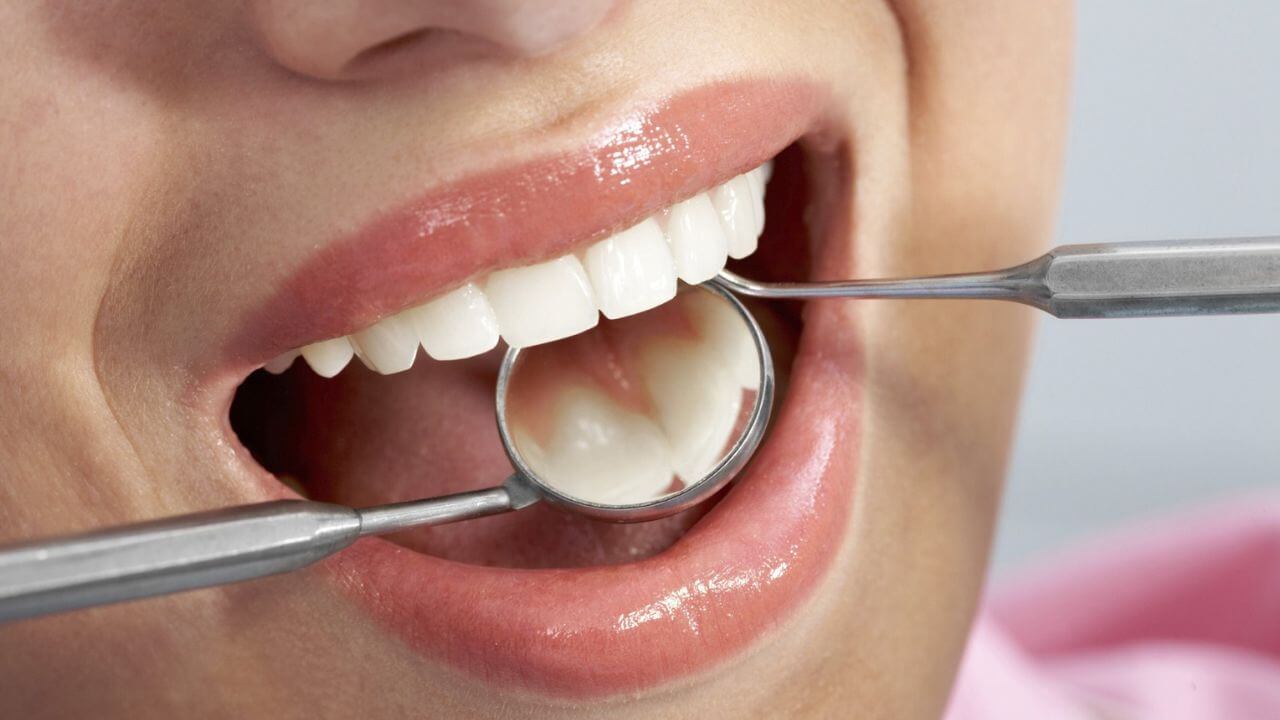
A vibrant smile and good oral health
A vibrant smile not only enhances your appearance but also reflects good oral health. Taking care of your teeth and gums goes beyond just brushing and flossing. It involves a holistic approach that includes proper oral hygiene, a balanced diet, and regular dental check-ups. In this blog, we'll explore expert tips to empower your oral health and achieve that radiant smile you've always wanted.
1. Master the Basics: Brushing and Flossing
Let's start with the fundamentals. Brushing your teeth twice a day is crucial for removing plaque and preventing cavities. Use a fluoride toothpaste and a soft-bristled toothbrush. Make sure to brush for at least two minutes, covering all surfaces of your teeth.
Equally important is flossing. Flossing helps remove plaque and debris between your teeth and along the gumline, where your toothbrush may not reach effectively. Aim to floss once a day, gently gliding the floss between each tooth.
2. Choose the Right Tools
Using the right tools can make a significant difference in your oral health. Replace your toothbrush every three to four months or sooner if the bristles are frayed. Consider using an electric toothbrush, which can be more effective in removing plaque.
For flossing, traditional dental floss works well, but there are also alternatives like dental picks, interdental brushes, or water flossers. Find the tool that works best for you to encourage consistent oral care.
3. Adopt a Mouth-Healthy Diet
What you eat plays a crucial role in your oral health. A balanced diet rich in fruits, vegetables, whole grains, lean proteins, and dairy products contributes to strong teeth and gums. Avoid excessive consumption of sugary and acidic foods, as they can lead to tooth decay and erosion.
Calcium-rich foods like dairy products, leafy greens, and almonds are essential for maintaining strong teeth. Additionally, crunchy fruits and vegetables like apples and carrots can help clean your teeth naturally by stimulating saliva production.
4. Stay Hydrated, Choose Water
Water is not only essential for overall health but also for your oral well-being. Drinking water helps rinse away food particles, bacteria, and acids that can contribute to tooth decay. Opt for water over sugary or acidic beverages, which can erode tooth enamel.
Consider drinking fluoridated water, as fluoride is known to strengthen tooth enamel and prevent cavities. If you're consuming bottled water, check the label to ensure it contains fluoride or talk to your dentist about fluoride supplements.
5. Quit Smoking and Limit Alcohol Consumption
Smoking and excessive alcohol consumption can have detrimental effects on your oral health. Smoking contributes to gum disease, tooth decay, and can even lead to oral cancer. If you smoke, quitting is one of the best things you can do for your overall and oral health.
Moderate alcohol consumption is key. Excessive alcohol intake can increase the risk of gum disease, tooth decay, and mouth cancers. If you choose to drink alcohol, do so in moderation, and consider minimizing your intake of sugary mixers.
6. Protect Your Teeth during Physical Activities
If you participate in contact sports or activities with a risk of injury to the mouth, wearing a mouthguard is crucial. A custom-fitted mouthguard from your dentist offers the best protection, ensuring a comfortable fit that won't impede breathing or communication.
Whether you're playing football, basketball, or engaging in any activity with potential oral impact, a mouthguard is a simple yet effective way to prevent dental injuries and protect your vibrant smile.
7. Manage Stress for Better Oral Health
Stress can contribute to teeth grinding (bruxism), jaw clenching, and other oral health issues. These habits can lead to worn enamel, jaw pain, and headaches. Practice stress-reducing techniques such as deep breathing, meditation, or yoga to help alleviate tension and protect your oral health.
If you notice signs of bruxism, such as headaches, jaw pain, or worn teeth, consult your dentist. They may recommend a custom-made nightguard to protect your teeth while you sleep.
8. Regular Dental Check-ups and Cleanings
Even if you maintain excellent oral hygiene at home, regular dental check-ups are essential. Your dentist can detect potential issues early on, preventing more significant problems down the road. Schedule dental exams at least twice a year, or as recommended by your dentist.
Professional dental cleanings remove plaque and tartar buildup that brushing and flossing alone may miss. Your dental hygienist will also provide personalized tips for improving your oral care routine.
Conclusion
Achieving a vibrant smile and optimal oral health involves a combination of good oral hygiene practices, a mouth-healthy diet, and regular dental check-ups. By incorporating these expert tips into your daily routine, you'll be well on your way to maintaining a radiant smile that reflects not only confidence but also a commitment to your overall well-being. Remember, a healthy smile is a beautiful smile!
